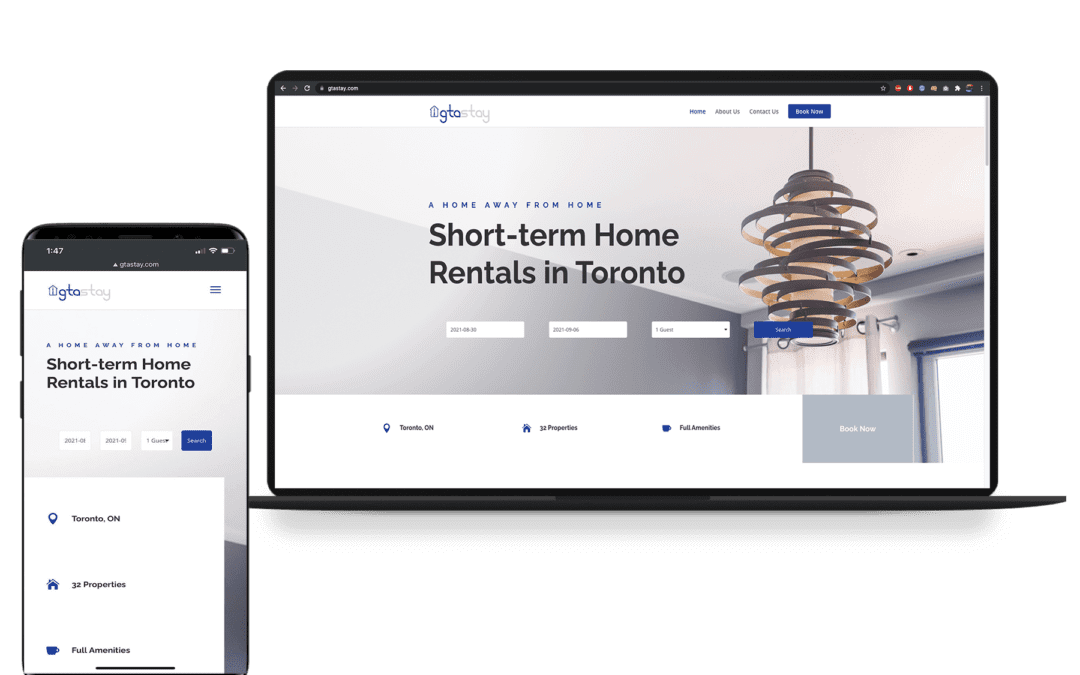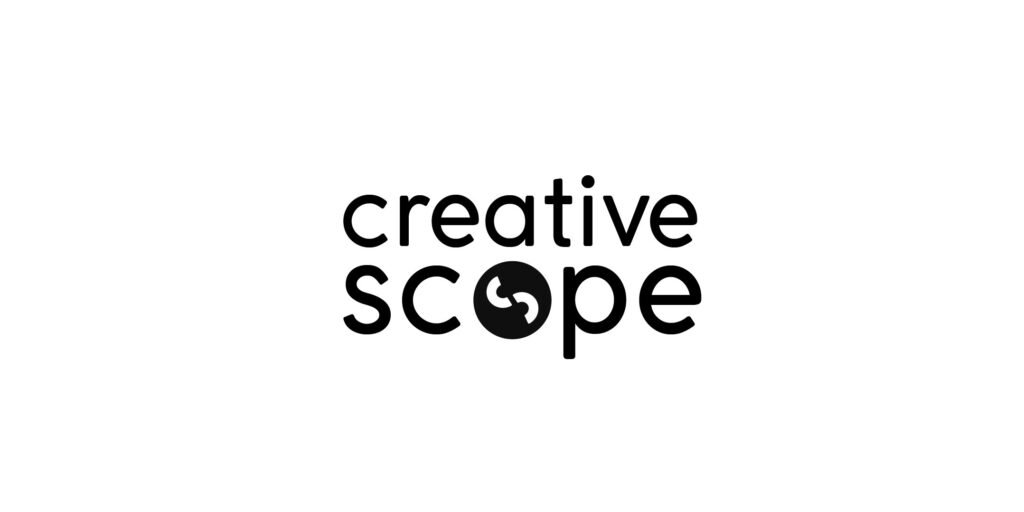Improving your website’s SEO is essential for increasing visibility, driving organic traffic, and ultimately, growing your business. As a digital marketing agency based in Toronto, Creative Scope specializes in all aspects of digital marketing, including Web Design & Development, SEO, Paid Advertising, E-mail Marketing, Graphic Design, Social Media Marketing & Strategy, and Content Creation. In this comprehensive guide, we’ll cover everything you need to know about enhancing your website’s SEO, focusing on key components such as Keyword Research, On-Site SEO, Off-Site SEO, Internal Linking, Back Linking, and more.
Understanding SEO
Search Engine Optimization (SEO) is the process of optimizing your website to improve its ranking on search engines like Google. Higher rankings mean more visibility, which can lead to increased traffic and potential customers. SEO is a multifaceted discipline that involves various strategies and techniques to make your website more attractive to search engines.
Key Components of SEO:
- Keyword Research
- On-Site SEO
- Off-Site SEO
- Internal Linking
- Back Linking
Keyword Research
Keyword research is the foundation of any successful SEO strategy. It involves identifying the terms and phrases your target audience uses when searching for products or services similar to yours.
Steps for Effective Keyword Research:
- Brainstorm Keywords: Start with a list of words and phrases related to your business.
- Use Keyword Tools: Tools like Google Keyword Planner, Ahrefs, and SEMrush can help you find relevant keywords and assess their search volume and competition.
- Analyze Competitors: Look at the keywords your competitors are ranking for and consider incorporating them into your strategy.
- Focus on Long-Tail Keywords: These are longer, more specific phrases that are less competitive and can attract more targeted traffic.
- Prioritize Keywords: Based on search volume, competition, and relevance to your business, prioritize which keywords to target.
On-Site SEO
On-Site SEO involves optimizing various elements of your website to make it more search engine-friendly.
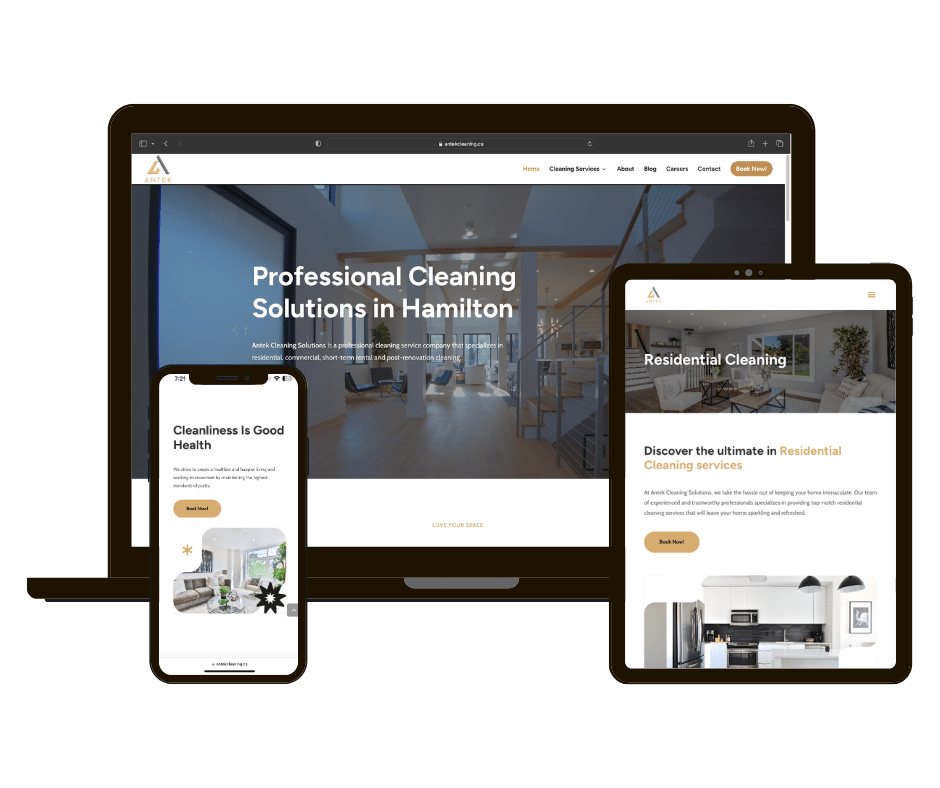
Essential On-Site SEO Components:
SEO/City/Region Pages
Creating specific pages targeting different cities or regions can help you rank for local searches. For example, if your business operates in Toronto and the GTA, you should have dedicated pages for each area.
Blogs
Regularly updating your website with high-quality blog posts can boost your SEO. Blogs provide fresh content, incorporate keywords naturally, and help establish your site as an authority in your industry.
FAQs
Including a Frequently Asked Questions (FAQs) section can improve your SEO by addressing common queries related to your business. This helps in capturing long-tail keyword traffic and improves user experience.
Heading Tags
Using heading tags (H1, H2, H3, etc.) helps structure your content and makes it easier for search engines to understand. Ensure your headings include relevant keywords.
ALT Tags
ALT tags are descriptions of images on your website. They help search engines understand what the images are about and improve your site’s accessibility.
Meta Descriptions
Meta descriptions are brief summaries of your pages that appear in search results. Write compelling meta descriptions that include your target keywords to improve click-through rates.
Sitemap
Creating an XML sitemap helps search engines crawl and index your website more efficiently. Submit your sitemap to search engines like Google and Bing.
SEO Copywriting
Writing high-quality, keyword-rich content is crucial for SEO. Ensure your copy is engaging, informative, and optimized for search engines.
Analytics
Using tools like Google Analytics and Google Search Console can help you monitor your SEO performance. Track metrics such as organic traffic, bounce rate, and keyword rankings to understand what’s working and where improvements are needed.
Off-Site SEO
Off-Site SEO involves activities outside your website that can improve your search engine rankings.
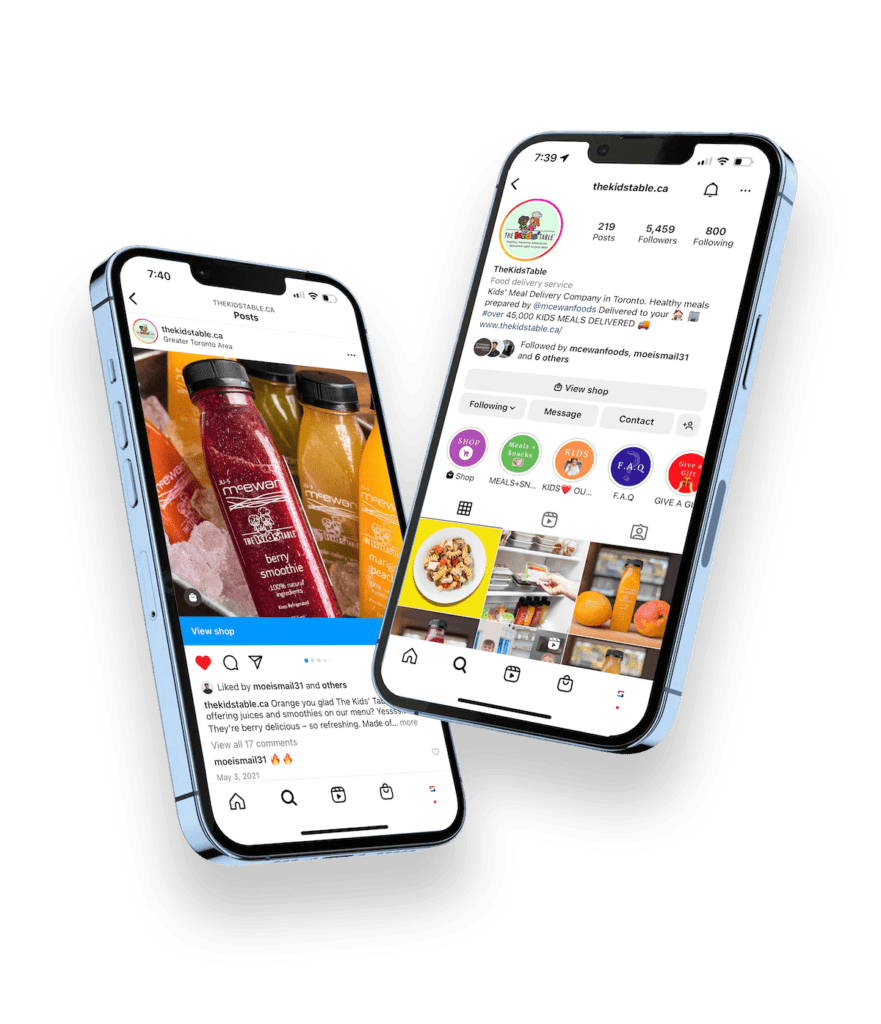
Key Off-Site SEO Strategies:
Backlink Building
Backlinks are links from other websites to yours. High-quality backlinks from reputable sites can significantly boost your SEO. Focus on acquiring backlinks from industry-relevant sites, authoritative blogs, and local business directories.
Social Media Engagement
While social media signals aren’t direct ranking factors, they can drive traffic to your site and increase brand awareness. Share your content on social media platforms to reach a broader audience.
Guest Blogging
Writing guest posts for other websites can help you earn backlinks and increase your online visibility. Ensure your guest posts are high-quality and relevant to your industry.
Local Citations
Local citations are mentions of your business on other websites, usually including your business name, address, and phone number. Ensure your business information is consistent across all local directories and review sites.
Internal Linking
Internal linking involves linking to other pages within your own website. This helps search engines understand the structure of your site and discover new content.
Benefits of Internal Linking:
- Improves Navigation: Helps users find related content on your site.
- Distributes Page Authority: Passes link equity from high-authority pages to other pages.
- Enhances SEO: Helps search engines understand the relationship between pages and index them accordingly.
Best Practices for Internal Linking:
- Use Descriptive Anchor Text: The clickable text of the link should describe the content of the linked page.
- Link to Relevant Pages: Ensure the links are relevant to the content and add value for the user.
- Avoid Overlinking: Too many links can be overwhelming and dilute the value of each link.
Backlinking
Backlinks are a critical component of SEO. They signal to search engines that your site is authoritative and trustworthy.
Strategies for Effective Backlinking:
- Create High-Quality Content: Publish content that others find valuable and want to link to.
- Reach Out for Links: Contact website owners and bloggers to request backlinks to your content.
- Use Online Directories: Submit your site to reputable online directories.
- Leverage PR: Use public relations strategies to get mentions and links from news sites and blogs.
Technical SEO
Technical SEO involves optimizing the technical aspects of your website to improve its crawlability and indexability.

Key Technical SEO Elements:
- Site Speed: A fast-loading website improves user experience and search engine rankings.
- Mobile-Friendliness: Ensure your site is responsive and provides a good user experience on all devices.
- Secure Website: Use HTTPS to secure your site and build trust with users and search engines.
- Clean URL Structure: Use clear, descriptive URLs that include relevant keywords.
- Structured Data: Implement schema markup to help search engines understand your content better.
User Experience (UX)
User experience plays a crucial role in SEO. A positive UX can lead to higher engagement, lower bounce rates, and better rankings.
Tips for Improving UX:
- Easy Navigation: Make sure your site is easy to navigate and users can find what they’re looking for quickly.
- Clear Call-to-Actions: Use clear and compelling call-to-actions to guide users through your site.
- Readable Content: Use clear fonts, proper formatting, and break up content with headings and images.
- Responsive Design: Ensure your site works well on all devices, including desktops, tablets, and smartphones.
Local SEO
Local SEO is crucial for businesses that operate in specific geographic areas. It helps you attract local customers searching for your products or services.
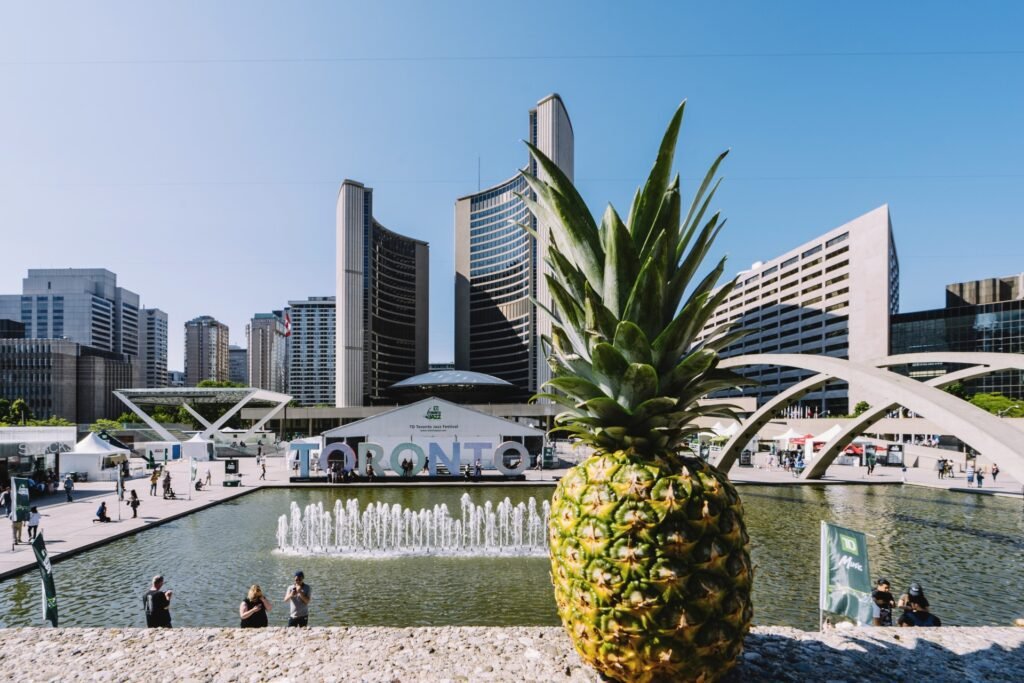
Local SEO Strategies:
- Google My Business: Claim and optimize your Google My Business listing with accurate and up-to-date information.
- Local Keywords: Use keywords that include your location, such as “digital marketing agency in Toronto.”
- Local Reviews: Encourage satisfied customers to leave positive reviews on Google and other review sites.
- Local Backlinks: Acquire backlinks from local businesses, directories, and community organizations.
Conclusion
Improving your website’s SEO is an ongoing process that requires a comprehensive strategy and continuous effort. By focusing on keyword research, on-site SEO, off-site SEO, internal linking, backlinking, technical SEO, user experience, and local SEO, you can significantly enhance your website’s visibility and drive more organic traffic.
At Creative Scope, we specialize in all aspects of digital marketing, including SEO. Our team of experts in Toronto is dedicated to helping businesses like yours achieve their online goals. Whether you need help with web design, SEO, paid advertising, email marketing, graphic design, social media marketing, or content creation, we have the expertise and experience to deliver results. Contact us today to learn more about our services and how we can help you improve your website’s SEO and grow your business.

